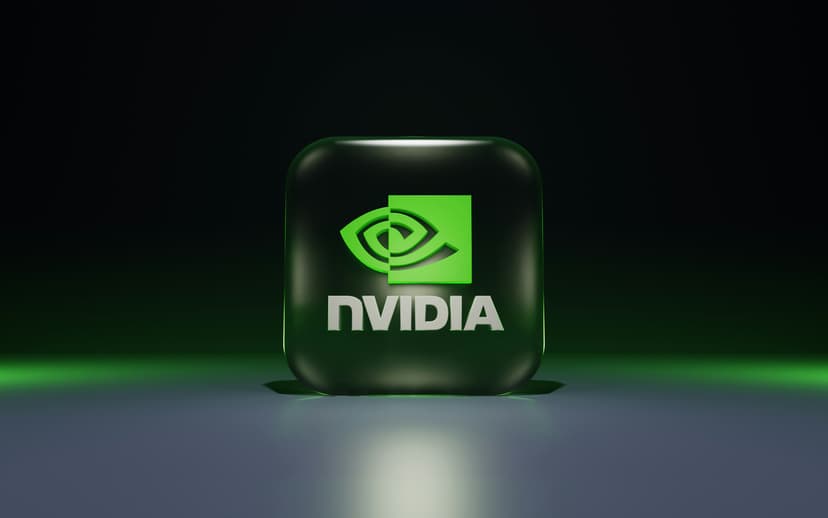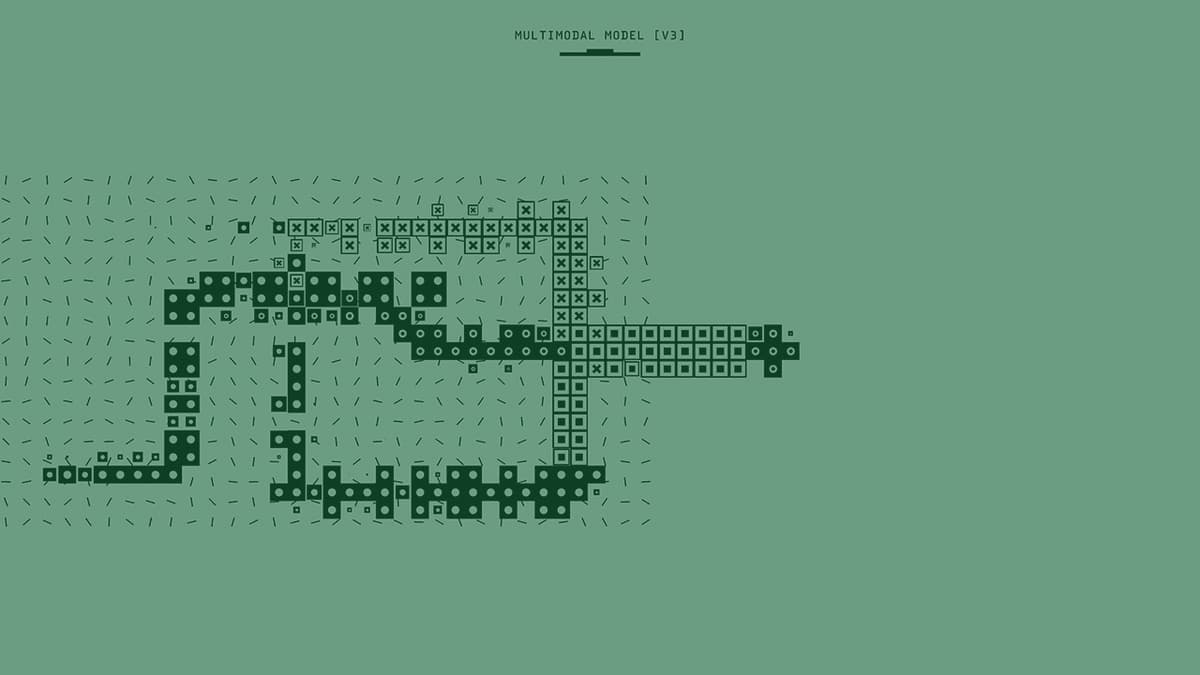Can I Write a Novel with AI-Generated Content?
Writing a novel is a journey filled with challenges, creativity, and the joy of bringing characters and stories to life. Traditionally, this journey has been a solitary one, with writers spending countless hours crafting their narratives, dialogues, and worlds. But what if you could have a partner to assist you, particularly one powered by artificial intelligence (AI)? The idea of writing a novel with AI-generated content is gaining traction, offering exciting possibilities and raising intriguing questions.
The Rise of AI in Writing
AI technology has made significant strides in numerous fields, and creative writing is no exception. Companies like OpenAI have developed advanced language models such as ChatGPT that can compose text resembling human writing. These tools are designed to understand and generate language in a way that is coherent, contextually appropriate, and creatively inspiring.
What AI Can Bring to Your Writing Table
The prospect of integrating AI into the novel-writing process offers several appealing benefits:
- Enhanced Creativity: AI can suggest plot ideas, develop twists, or offer descriptions and dialogues that can spark further creativity in the writer’s mind.
- Speed: AI can generate large amounts of text quickly, helping to overcome writer's block or fill out sections of a story, speeding up the writing process.
- Consistency Checks: Some AI tools are equipped to analyze text for consistency in details like character names, traits, and story arcs, ensuring the narrative remains consistent throughout.
The Creative Partnership Model
Think of using AI not as replacing the author but as entering a creative partnership. Here's how you can integrate AI into your novel-writing process:
Starting with a Seed
Begin by outlining the basic plot and character outlines. Feed this information into the AI tool to generate content around these parameters. This initial input helps guide the AI, ensuring the generated content aligns with your vision.
Iterative Collaboration
As the AI produces text, read through it and refine. This iterative process can inspire new ideas or directions for the storyline that you might not have considered initially. The AI-generated content often serves as a creative catalyst rather than a final product.
Editing and Human Touch
Once the bulk of the draft is prepared, the critical role of human editing comes into play. This phase involves going through the AI-generated text to add personal style, make the prose more cohesive, and ensure emotional depth—qualities that AI currently cannot fully replicate.
Ethical Considerations and Originality
When discussing AI and creativity, questions about originality and authenticity naturally arise. Using AI to generate content can be seen as a tool, similar to how artists use various media to create art. The key is how you use these tools to express your unique creative vision.
Make sure to disclose the use of AI in your creative process, especially if it's significant. This transparency preserves your integrity as an author and respects the readers' expectations about the origins of your work.
The Legal Landscape
The legal implications of using AI in writing are still developing. Copyright laws vary by country and are adapting to new technologies. It’s essential to use AI tools that have clear policies regarding the ownership of generated content. Most reputable AI companies, like OpenAI, provide guidelines and terms of service that explain users' rights relating to the content produced with their AI.
Looking Ahead: The Future of AI in Novel Writing
As AI continues to evolve, its potential to transform creative writing is immense. Future advancements may offer more nuanced understanding of narrative nuances, allowing even greater collaboration between human authors and AI. This partnership promises to unlock new creative possibilities, enabling writers to explore narratives and story depths that were previously challenging to achieve alone.
Yes, you can write a novel with AI-generated content, but it’s more about using AI as a tool in your creative toolbox rather than letting it take over the creative process. The beauty of a novel lies in its human touch — the personal imprint of the author. AI can assist, enhance, and expedite this process but the soul of the story must always come from you, the author.












